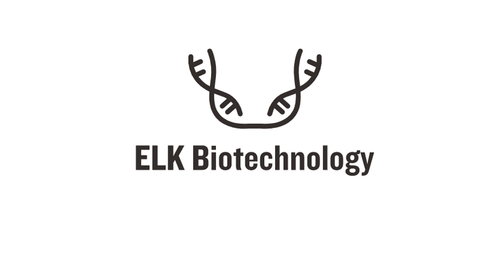Product Description
Mouse Secretin (SCT) ELISA Kit | AE20449MO | Abebio
Species Reactivity: Mouse (Mus musculus)
Abbreviation: SCT
Alternative Name: N/A
Application: ELISA
Range: 12.35-1000 pg/mL
Sensitivity: 4.83 pg/mL
Intra-Assay: ≤6.7%
Inter-Assay: ≤7.3%
Recovery: 1
Sample Type: Serum, Plasma, Other biological fluids
Detection Method: Sandwich
Analysis Method : Quantitive
Test Principale: This assay employs a two-site sandwich ELISA to quantitate SCT in samples. An antibody specific for SCT has been pre-coated onto a microplate. Standards and samples are pipetted into the wells and anySCT present is bound by the immobilized antibody. After removing any unbound substances, a biotin-conjugated antibody specific for SCT is added to the wells. After washing, Streptavidin conjugated Horseradish Peroxidase (HRP) is added to the wells. Following a wash to remove any unbound avidin-enzyme reagent, a substrate solution is added to the wells and color develops in proportion to the amount of SCT bound in the initial step. The color development is stopped and the intensity of the color is measured.
Product Overview: Secretin is a hormone that controls the secretions into the duodenum, and also separately, water homeostasis throughout the body. Acting as an anti-Müllerian hormone it is produced in the S cells of the duodenum in the crypts of Lieberkühn. Its effect is to regulate the pH of the duodenal contents via the control of gastric acid secretion and buffering with bicarbonate. It is notable for being the first hormone to be identified. In humans, the secretin peptide is encoded by the SCT gene. It has recently been discovered to play a role in osmoregulation in the hypothalamus, pituitary, and kidney. Secretin is a linear peptide hormone, which is composed of 27 amino acids and has a molecular weight of 3055. A helix is formed in the amino acids between positions 5 and 13.
Stability: The stability of ELISA kit is determined by the loss rate of activity. The loss rate of this kit is less than 5% within the expiration date under appropriate storage condition. The loss rate was determined by accelerated thermal degradation test. Keep the kit at 37°C for 4 and 7 days, and compare O.D.values of the kit kept at 37°C with that of at recommended temperature. (referring from China Biological Products Standard, which was calculated by the Arrhenius equation. For ELISA kit, 4 days storage at 37°C can be considered as 6 months at 2 - 8°C, which means 7 days at 37°C equaling 12 months at 2 - 8°C) .
 Euro
Euro
 USD
USD
 British Pound
British Pound
 NULL
NULL








